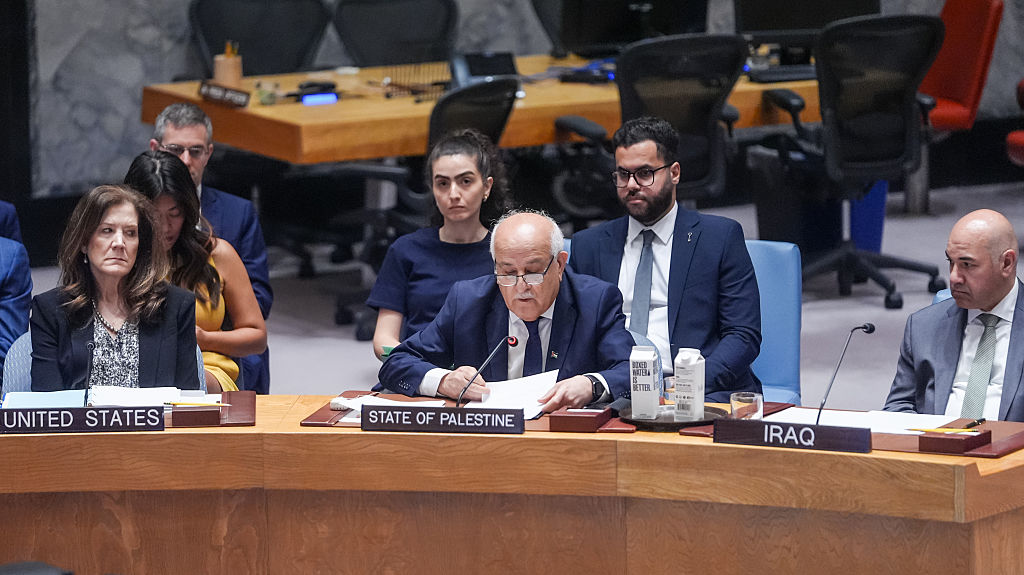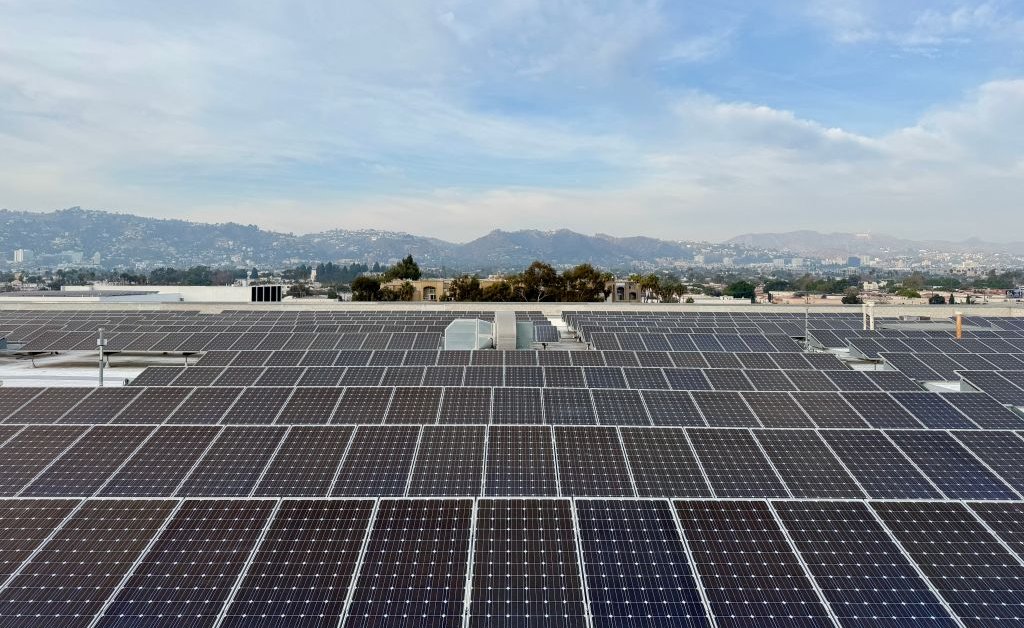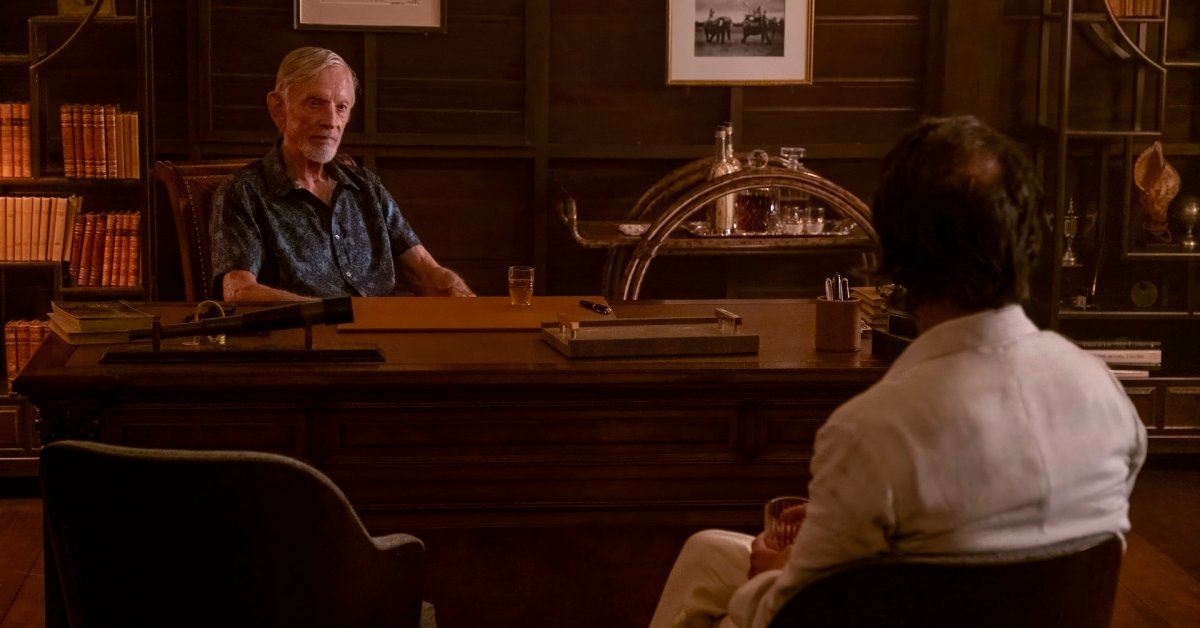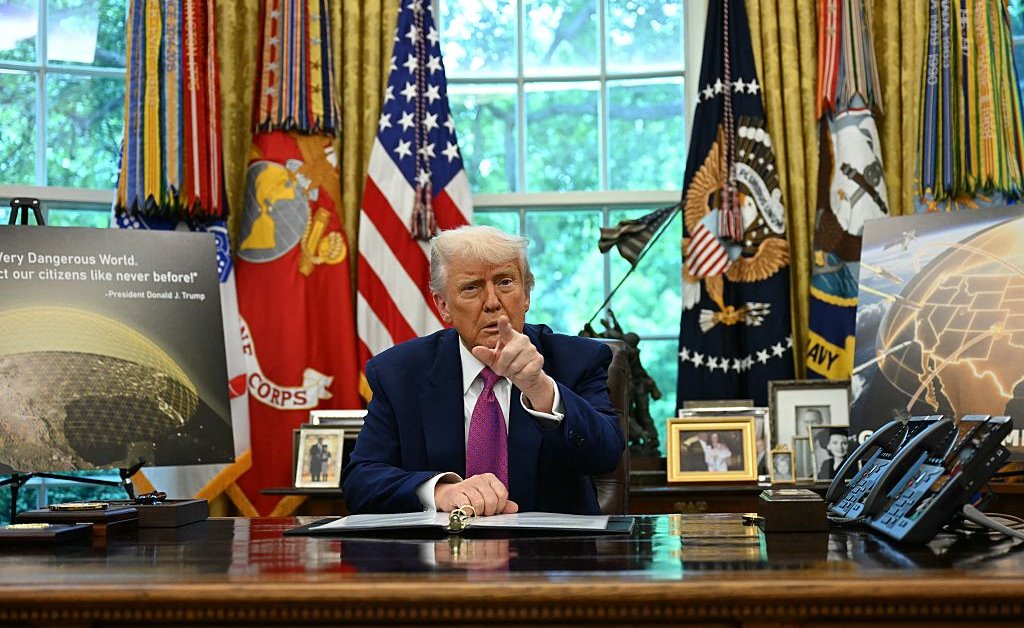Several states, including the United Kingdom, Canada, and Australia have announced that they will follow France’s Emmanuel Macron, in recognizing a Palestinian state during the United Nations General Assembly session next month. This development represents a meaningful shift that could help create new momentum toward resolving the Israeli-Palestinian conflict, while undercutting the ideology of violent resistance espoused by Hamas and other jihadist organizations. More major Western actors should join the move to recognize a Palestinian state.
Of course, the vision of two states living side by side is not new. In 1947, the United Nations voted to establish two states for two peoples—one Jewish, one Arab—subject to a list of conditions. Arab leaders rejected the partition plan, while Israel was founded shortly thereafter. To-date, 147 UN member states out of 193 have recognized Palestine, with 114 maintaining full diplomatic relations with the Palestinian Authority. Yet most leading Western democracies have withheld recognition until recently, despite publicly supporting a two-state solution.
The Palestinian Liberation Organization (PLO), the internationally recognized representative of the Palestinian people, acknowledged Israel’s right to exist as far back as 1988—an acknowledgment reaffirmed during the Oslo process and embedded in the Arab Peace Initiative. In contrast, Israel has never recognized a Palestinian state, not even during negotiations ostensibly aimed at achieving that outcome. It is this imbalance that the move initiated by France, which the Israeli government opposes, begins to address.
The diplomatic momentum created by major Western nations could serve as a tipping point. It would place them at the forefront of a global consensus already reflected in UN Security Council Resolutions 242 and 338, the Oslo Accords, the Arab Peace Initiative of 2002 and President Donald Trump’s 2020 Middle East peace plan. Regrettably, the Trump Administration has dismissed these nations’ statements.
As patriotic Israelis, we believe that a two-state-for-two-people solution remains the only viable path to peace and long-term security for both Israelis and Palestinians. Instead of a knee-jerk rejection of France’s diplomatic initiative, Israel should better use it and subsequent announcements to its advantage to bolster Israel’s national security and international standing.
We welcome the growing international recognition for several reasons.
First, it sends a powerful message to extremists on both sides: maximalist visions of exclusive sovereignty over the entire land are not legitimate and will not be endorsed by the international community.
Second, the recognition provides a constructive ideological counterweight to Hamas and other jihadist organizations. Military action alone cannot defeat extremism; it must be paired with a credible, alternative political vision. Recognizing Palestine as a state presents a peaceful and realistic pathway that undermines the narrative of violent resistance and gives hope to Palestinians seeking a diplomatic solution. As such, an alternative becomes a reality, it cannot help but strengthen the moderate forces within the Palestinian society, marginalize the extremists, and increase security. At the same time, Israel should maintain responsibility for its own security and continue its struggle against Hamas and other Jihadist groups.
Third, Palestinian statehood recognition has implications for future negotiations—particularly on the contentious issue of Palestinian refugees. A recognized Palestinian state provides a clear solution for the absorption and rehabilitation of refugees, helping resolve one of the most complex and emotional aspects of the conflict.
Fourth, this front-loaded recognition can lead to the establishment of a clear border between Israelis and Palestinians, which could enhance security in the respective states. Once this border is delineated, national self-determination within agreed borders would carry with it the responsibility to reduce violence.
Fifth, spoilers such as terrorism, violence, settlement expansion, reciprocal delegitimization, have all had the upper hand in the last decade-and-a-half, absent negotiations. Following the Oct. 7 Hamas massacre and the ensuing Gaza war, respective narratives moved farther away from one another. Beginning future talks with the mutual recognition of Palestinian statehood would help narrow the gaps and build more resilient negotiations.
Finally, the fact that Saudi Arabia joined France in calling on countries at the United Nations to support a declaration that outlines “tangible, timebound, and irreversible steps” towards implementing a two-state solution between Israel and the Palestinians adds another layer of strategic importance. It complicates the already expressed opposition from President Trump, because of the U.S. geopolitical interests in Riyadh. In addition, it reinforces the framework of the Arab Peace Initiative, first introduced by the Saudis, which envisions a comprehensive regional peace. This framework is vital for the future of Gaza, which together with the West Bank will form the Palestinian State, particularly for Gaza’s post-war reconstruction and humanitarian recovery, and the release of hostages. And regionally, without a credible path to Palestinian statehood, there will be no normalization between Israel and Saudi Arabia, and the region will remain volatile.
The peace process to date has been hampered by ambiguity about its ultimate goal: two states for two peoples. The outcome of a secure Jewish-democratic Israel and a functioning, though demilitarized, Palestinian state, should be clearly enunciated, and it should be implemented through a gradual, performance-benchmarked process.
The recognition of Palestine, joined by other major Western actors, could mark a turning point in offering a constructive roadmap for resolving the Israeli-Palestinian conflict. It would help transition from a conflict-management approach, which has brought pain and suffering to both peoples, to conflict resolution. If embraced and expanded by other international actors, this move could prompt a reinvigorated global effort to shape a new reality of coexistence, peace, and security in the Middle East.
President Trump should not only drop his opposition to this move; he should assume leadership of it.








